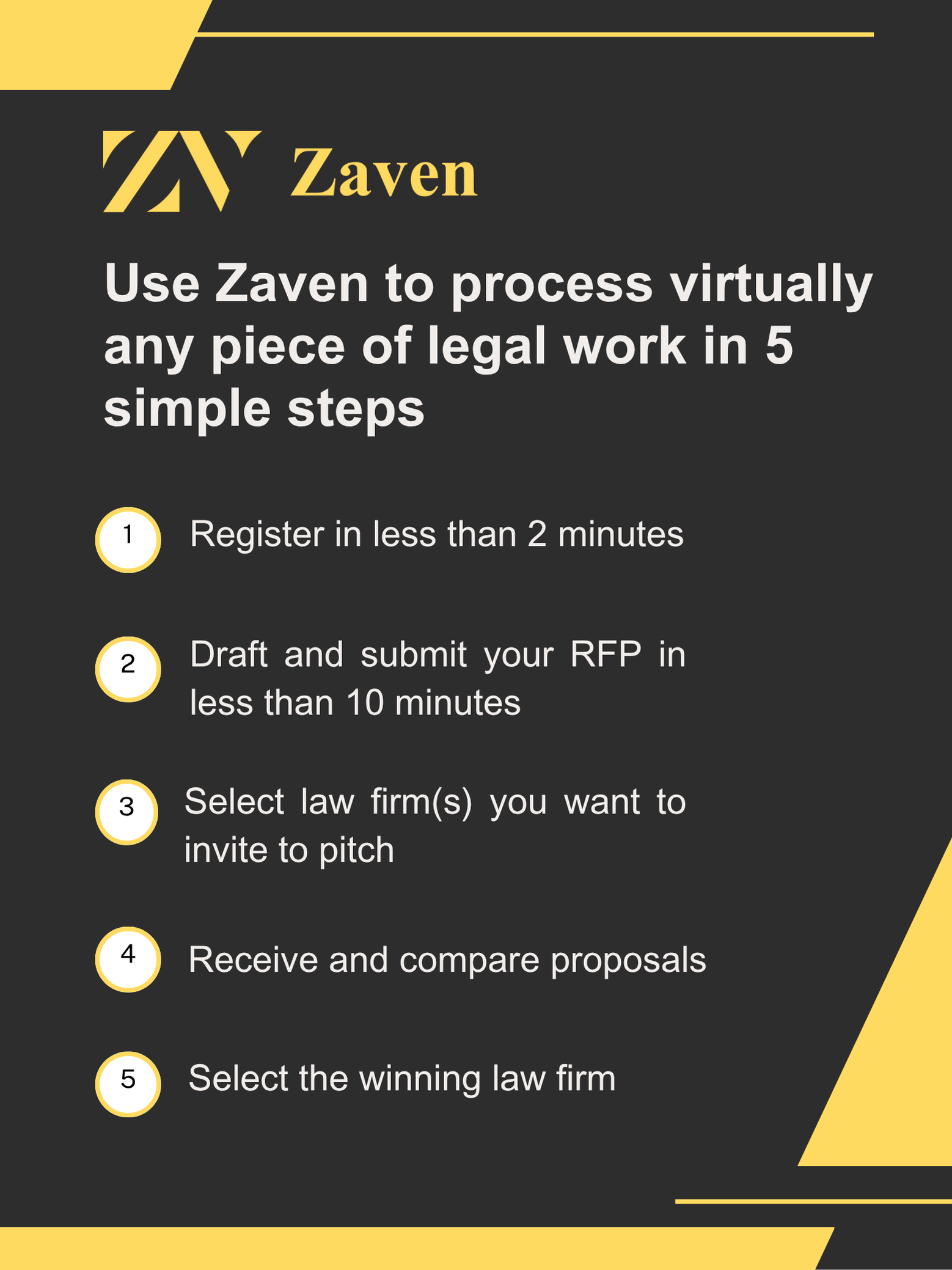Source: The Law Society
In-house legal departments face mounting pressure to deliver faster results while maintaining precision and thoroughness in their work. The emergence of generative AI tools presents a strategic opportunity for legal teams to enhance their productivity without compromising quality.
Transforming Legal Operations
The reluctance of legal teams to embrace AI tools contradicts the industry’s long-standing use of legal technology software. In-house lawyers, often challenged by time-intensive tasks and the need to communicate complex legal concepts to non-legal stakeholders, can leverage AI to streamline their workflows in several key areas:
Enhanced Productivity
Legal teams can use generative AI to establish foundational drafts for legal research, templates, and initial documentation. This approach accelerates the starting phase of projects, allowing lawyers to focus their expertise on refinement and customization for specific organizational needs.
Administrative Efficiency
The integration of AI into administrative tasks, particularly through platforms like Google Workspace, enables legal teams to automate routine documentation and presentation creation. This shift allows lawyers to dedicate more time to substantive legal analysis and strategic decision-making.
Improved Communication
One of the most valuable applications of AI lies in translating complex legal concepts into accessible language for business stakeholders. This capability particularly benefits junior lawyers who are developing their communication skills while ensuring consistent clarity across all legal communications.
Understanding AI’s Limitations
While AI offers significant advantages, it’s crucial to recognize its boundaries. AI cannot replace the essential human elements of legal work, particularly:
- Strategic decision-making that balances organizational interests
- Interpretation of company values and mission in legal contexts
- Nuanced risk assessment based on business context
Risk Management Framework
Organizations implementing AI in legal operations must address several critical risk areas:
Security Considerations
Recent data breaches in major AI platforms highlight the importance of robust data protection measures, particularly when handling sensitive legal information.
Intellectual Property Concerns
The uncertain landscape of AI-generated content ownership requires careful consideration of how and when to use AI tools in legal documentation.
Accuracy Verification
AI outputs require thorough verification against current legislation and legal standards, as systems may omit crucial legal considerations or provide outdated information.
Strategic Implementation
Rather than restricting AI access, organizations should develop comprehensive guidelines for its use. A successful implementation strategy includes:
- Conducting organizational risk assessments specific to AI implementation
- Developing clear usage guidelines for legal and non-legal teams
- Establishing verification protocols for AI-generated content
- Creating training programs on appropriate AI utilization
Legal departments that strategically implement AI while maintaining appropriate oversight position themselves to deliver more efficient, effective legal services while managing associated risks appropriately.
The integration of AI in legal operations represents a significant opportunity for in-house teams to enhance their service delivery. Success lies not in resistance but in thoughtful implementation that leverages AI’s strengths while maintaining professional judgment and risk management standards.
Read more: The Law Society







